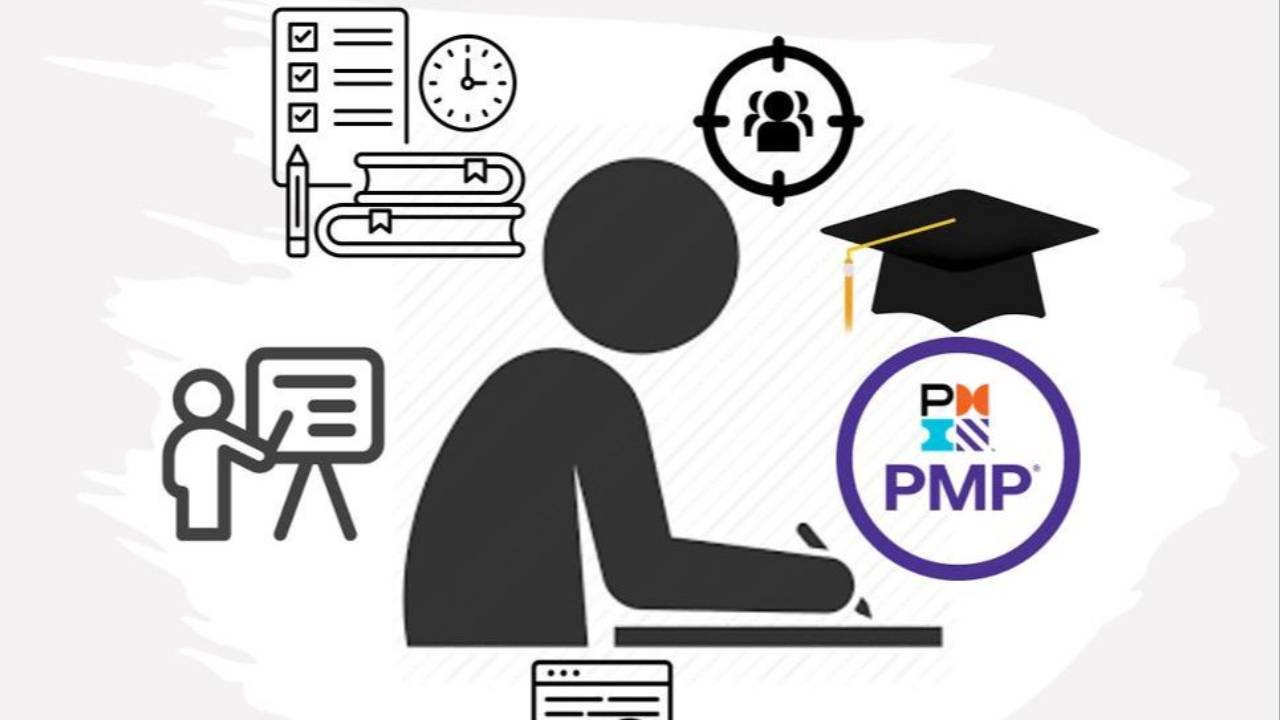Imagine standing at the edge of a dense forest with only a compass and a map. The forest is vast, filled with twists, turns, and hidden trails. The compass guides your direction, while the map outlines possible routes.
This is how the PMBOK® Guide functions for project managers—it is both the compass and the map for navigating complex projects. To pass the PMP exam, one must not only carry this map but also learn how to interpret its markings and apply them with confidence.
Reading the PMBOK as a Story, Not a Rulebook
Many aspirants view the PMBOK as a dry manual, but in reality, it’s a narrative of how projects come alive. Every process group and knowledge area is a character in this unfolding story, interacting with others in surprising ways.
Visualising it as a tale rather than a rulebook makes it easier to remember. For example, initiating sets the stage like the opening chapter, while closing offers a satisfying conclusion. Shifting perspective in this way transforms memorisation into comprehension, helping learners connect the dots rather than recite them blindly.
Building a Study Rhythm Like Music
Preparing for the PMP exam is similar to rehearsing for a symphony. Each practice session refines your timing, sharpens your notes, and strengthens your muscle memory. By dedicating consistent blocks of time each day, you create a rhythm that keeps information fresh and integrated.
Some candidates find early mornings best for reviewing formulas, while evenings might suit practice questions. Over time, this cadence turns chaotic knowledge into orchestrated understanding. For many professionals pursuing PMP Certification Bangalore, developing this disciplined study rhythm ensures they stay in tune with the exam’s demanding scope.
Practice Questions: Your Flight Simulator
You wouldn’t fly a plane without hours in a simulator, and the PMP exam should be approached no differently. Practice questions replicate turbulence: ambiguous wording, trick choices, and scenarios that demand critical thinking under time pressure. By immersing yourself in these simulations, you learn to stay calm and trust your training. The more you expose yourself to this turbulence, the more natural it becomes to steer through it. Candidates who consistently practise find that the actual exam feels less like a storm and more like a well-charted flight path.
Study Groups as Climbing Ropes
Climbing a mountain alone is daunting, but with a rope team, every step feels supported. Study groups serve as those climbing ropes, offering encouragement, accountability, and shared strategies. When one person struggles with earned value formulas, another may break them down into digestible parts.
When someone forgets a process sequence, another may offer a mnemonic. This collaborative approach strengthens confidence and fills gaps in understanding. For aspirants preparing through structured programmes such as PMP Certification Bangalore, study groups not only provide motivation but also mirror the collaborative spirit that project management itself demands.
Simulating Exam Day Conditions
Beyond knowledge, the PMP exam tests stamina. Four hours of focus is no small feat. Simulating exam day in advance—timing yourself, sitting in silence, and resisting distractions—builds endurance.
Think of it as training for a marathon: the more you run the distance in practice, the less daunting it feels on race day. These dry runs ensure that fatigue doesn’t cloud judgment when it matters most. By rehearsing under real conditions, you prepare both the mind and the body for success.
Conclusion
Mastering the PMBOK is not about memorising thousands of lines but about transforming abstract processes into lived experiences, stories, and rhythms. By seeing the guide as a narrative, rehearsing your knowledge like music, simulating turbulence through practice questions, and climbing together with study groups, you equip yourself for the real challenge of the exam.
The PMP journey is less about the destination and more about becoming a leader who can guide projects through uncertainty. With preparation rooted in strategy and storytelling, the exam becomes less a wall to climb and more a gateway to new professional horizons.
